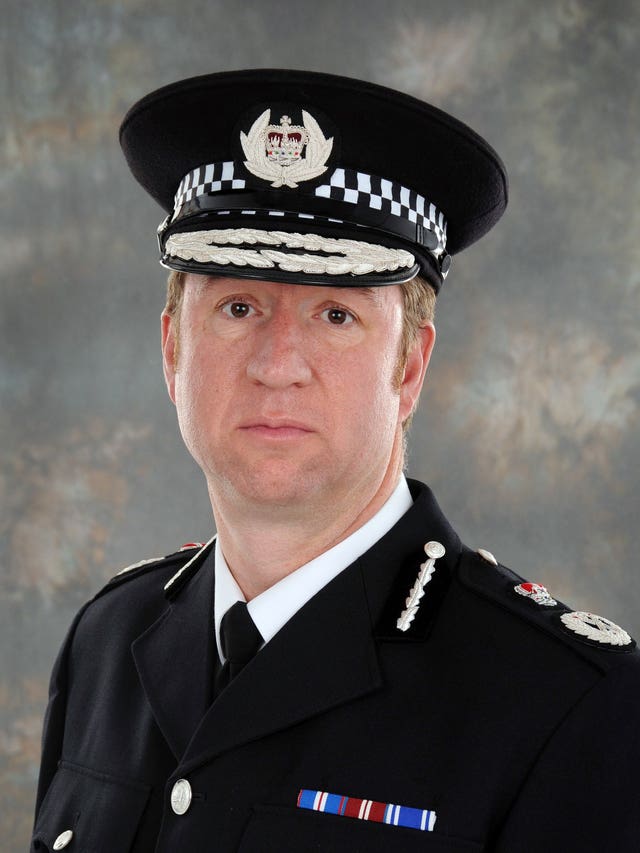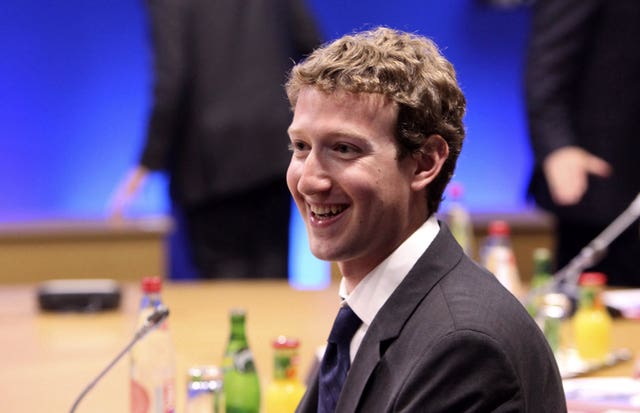Social media boycott floated as way to prompt action over child sex abuse images
Simon Bailey, who heads up the UK’s child protection policing, believes tech companies will only act over fear of reputational damage.

A public boycott of social media companies may be necessary before they take the initiative to protect children from abuse, the country’s leading child protection police officer has said.
Tech companies have abdicated their duty to safeguard children and are only paying attention now due to fear of reputational damage, Norfolk chief constable Simon Bailey said.
The National Police Chiefs’ Council lead on child protection suggested a boycott would be one way to really hit big platforms, which he believes have the technology and funds to “pretty much eradicate the availability, the uploading, and the distribution of indecent imagery”.

He told the Press Association: “Ultimately I think the only thing they will genuinely respond to is when their brand is damaged.
“Ultimately the financial penalties for some of the giants of this world are going to be an absolute drop in the ocean.
“But if the brand starts to become tainted, and consumers start to see how certain platforms are permitting abuse, are permitting the exploitation of young people, then maybe the damage to that brand will be so significant that they will feel compelled to do something in response.”
He added: “We have got to look at how we drive a conversation within our society that says ‘do you know what, we are not going to use that any more, that system or that brand or that site’ because of what they are permitting to be hosted or what they are allowing to take place.”
Starting on Monday, the Independent Inquiry into Child Sexual Abuse will hold two weeks of hearings focusing on internet companies’ responses to the problem, during which Mr Bailey, and executives from Facebook, Google, Apple, BT and Microsoft will give evidence.
In every playground there is likely to be someone with pornography on their phone, Mr Bailey said as he described how a growing number of young men are becoming “increasingly desensitised” and progressing to easily available illegal material.

The number of images on the child abuse image database has ballooned from less than 10,000 in the 1990s to 13.4 million currently, with over 100 million variations of these.
The UK response, which Mr Bailey called “world-beating”, involves building resilience in children as young as primary school age so they are better equipped to recognise potential exploitation.
Last month the Government opened a consultation over tough new measures to crack down on illegal content online, proposing an independent regulator and new duty of care for internet companies.
Mr Bailey believes if effective regulation is put in place it could free up resources to begin tackling the vaster dark web.
He added he is concerned that the spread of 4G and 5G networks across the globe will open up numerous further opportunities for the sexual exploitation of children.
At a conference organised by StopSO, a charity that works with offenders and those concerned about their sexual behaviour to minimise the risk of offending, of which he is patron, he said recently announced plans from Mark Zuckerberg to increase privacy on Facebook would make life harder for child protection units.
But he told the room: “There is no doubt that thinking is shifting around responsibility of tech companies.
“I think that argument has been won, genuinely.
“Of course, the proof is going to be in the pudding with just how ambitious the white paper is, how effective the punitive measures will be, or not.”
The National Society for the Prevention of Cruelty to Children (NSPCC) said countless reputational crises had so far “failed to put the tiniest of dents” in platforms’ bottom lines.
Andy Burrows, NSPCC associate head of child safety online, said: “It feels like social media sites treat child safeguarding crises as a bad news cycle to ride out, rather than a chance to make changes to protect children.
“On a depressingly regular basis they fail to act when it comes to tackling the horrifying child abuse imagery and harmful content on their platforms.
“Given that countless reputational crises have failed to put the tiniest of dents in these platforms’ bottom lines, the only thing that will work is a regulator that will force them to get their act together and protect their young users.”
Mr Zuckerberg said in a blog post: “Finding the right ways to protect both privacy and safety is something societies have historically grappled with.
“There are still many open questions here and we’ll consult with safety experts, law enforcement and governments on the best ways to implement safety measures.
“We’ll also need to work together with other platforms to make sure that as an industry we get this right. The more we can create a common approach, the better.”





